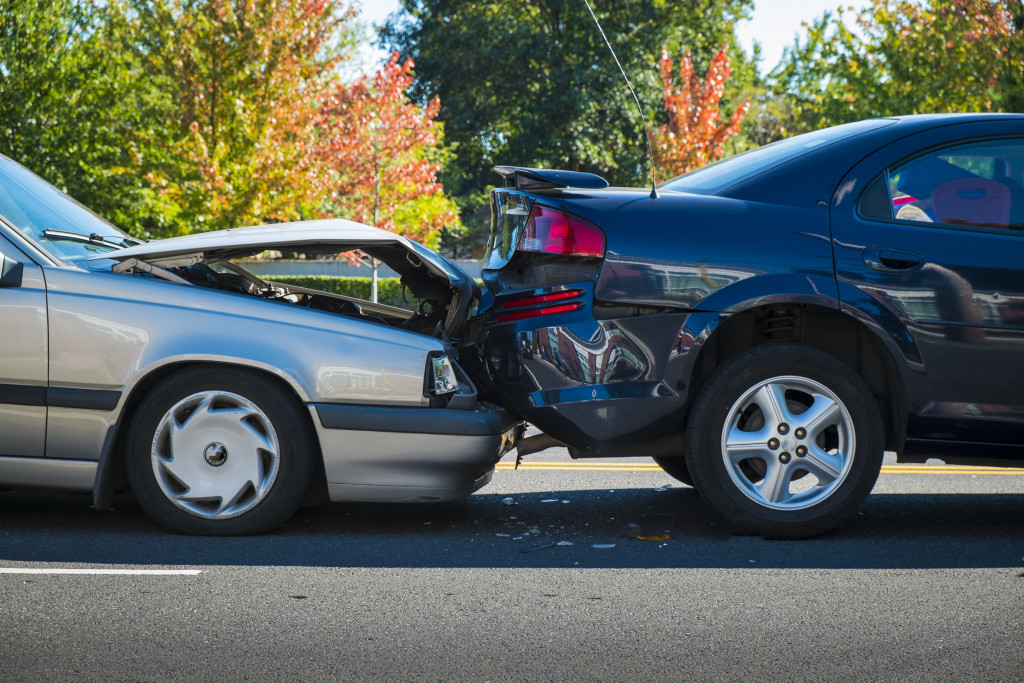- An accident’s aftermath requires prioritizing safety, medical attention, and notifying your insurance company.
- Filing a claim involves gathering evidence, understanding your state’s limitations, and calculating damages accurately.
- Hiring a car accident attorney ensures the protection of your rights and aids in negotiating compensation.
- Legal support helps navigate the legal process post-accident while you focus on recovery.
Nobody expects to be involved in a car accident, but it happens to millions of people every year. After an accident, it’s crucial that you know your rights and understand the legal process for filing a claim if necessary. You deserve to be compensated for any damages or injuries resulting from the accident, even though navigating the legal system can be overwhelming, especially when you’re already dealing with the physical and emotional aftermath of the accident. Here is how you can protect your rights and navigate legal claims after a car accident.
Steps To Take After an Accident
The first priority after an accident is safety. Make sure everyone involved in the accident is safe and call 911 if necessary. Even if there are no apparent injuries, it’s important to exchange contact and insurance information with the other driver. Take pictures of the damage to all vehicles and any other property involved, and if there were any witnesses, get their information as well. Here are different tips:
Check for Hidden Damage
In the aftermath of an accident, some vehicle damage might not be immediately visible. It’s essential to look out for any hidden damage to critical components of your car, such as the engine, transmission, or frame. Such damage may not present itself until days or even weeks after the accident. Therefore, it’s prudent to have your vehicle thoroughly inspected by a professional mechanic as soon as possible after the accident.
Get Medical Attention if Necessary
Even if you don’t feel any injuries after an accident, it’s crucial to get a medical assessment. Some injuries may not be immediately apparent and can take days or weeks to manifest symptoms. Getting immediate treatment for these conditions is critical to protecting your rights and making sure that you receive the compensation needed for medical expenses associated with your injury.
Contact Your Insurance Company Right Away
Notify your insurance company about the accident as soon as you can. Most insurance providers have time restrictions within which policyholders must report accidents in order for the claims process to proceed smoothly. Provide them with all the necessary information, such as where and when the accident occurred, who was involved, the extent of the damages, and any injuries sustained.

When to File a Claim
If you’ve been injured in an accident or your vehicle was damaged, you may need to file a claim with the other driver’s insurance company. In some cases, the insurance company may try to deny or minimize your claim, so it’s vital to seek legal advice if you’re unsure of your rights. Here are three things to prioritize before filing a claim:
Collect Evidence
Gather and organize evidence that supports your claim before filing it. This includes photos of the accident scene, statements from witnesses, medical records, police reports, repair bills, and anything else related to the incident. In some cases, it’s also helpful to document lost wages due to time off needed for medical treatment or other losses suffered as a result of the accident.
Know the Statute of Limitations in Your State
Every state has laws limiting how long you have to file a claim, known as the statute of limitations. In general, this is two years from the date of the accident, but it varies depending on your location. If you’ve been injured or had property damage due to an accident, be sure to take legal action before the statute of limitations expires.
Calculate Damages
When preparing a legal claim, you’ll need to calculate the amount of damages you’re requesting. This includes both economic damages, such as medical bills and repair costs, as well as non-economic damages, like pain and suffering.

Hire an Attorney
If you’re navigating a legal claim after a car accident, hiring a trusted car accident attorney can be instrumental in protecting your rights and ensuring you get the compensation you deserve. Your attorney will be well-versed in your state’s laws, understand the complexities of your situation, and be able to negotiate with insurance companies on your behalf.
They will guide you through the process, alleviate stress, and work tirelessly to resolve your claim favorably. This allows you to focus on recovery while your lawyer takes care of the legalities.
Furthermore, a car accident attorney can access resources that would otherwise be unavailable to you. This includes obtaining traffic camera footage, interviewing witnesses, and collecting evidence from the other party’s insurance company.
Being involved in a car accident can be a traumatic experience, and navigating the legal system can be overwhelming. However, it’s essential to understand your rights and seek legal advice if necessary. Taking the proper steps after an accident, filing claims in a timely manner, and seeking legal representation can help protect your rights and ensure you receive fair compensation for any damages or injuries resulting from the accident. Remember, you don’t have to go through this alone — seek the advice of a skilled attorney to help guide you through the process.







